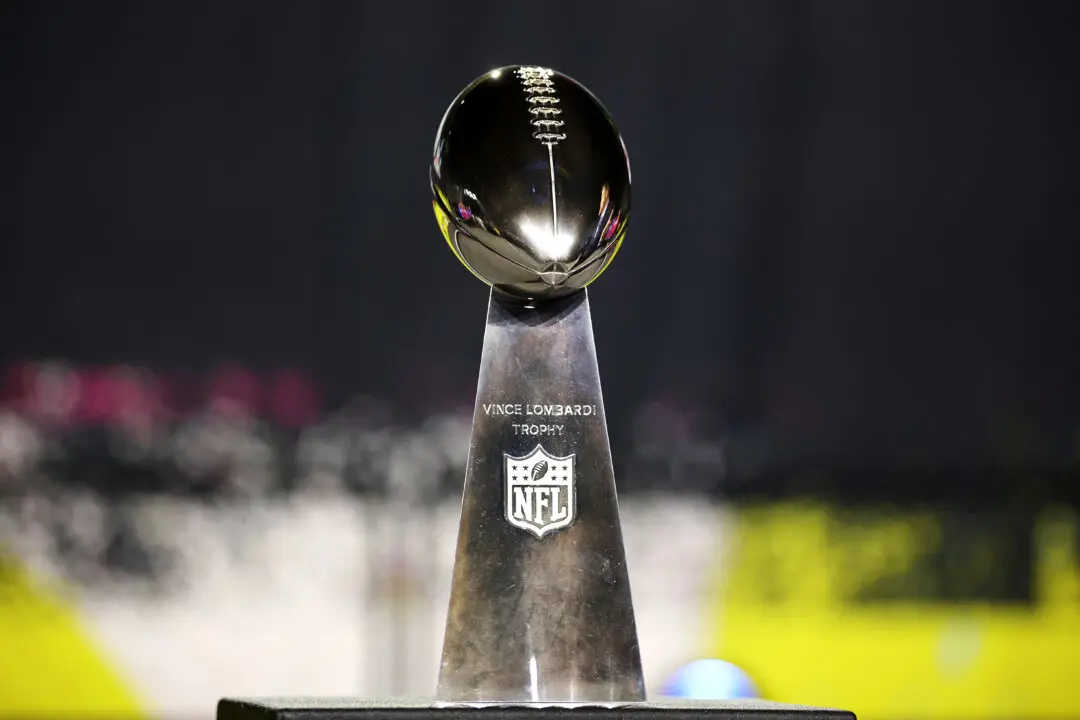Commentary
I have fond memories of television programming in the 1950s and early ’60s. Although the stern stoic uncle who raised me habitually referred to TV as “the idiot box,” to this day I give it credit for being a positive force in my upbringing. I’m not referring here to news and sports, but to the pre-recorded television shows produced as entertainment.





